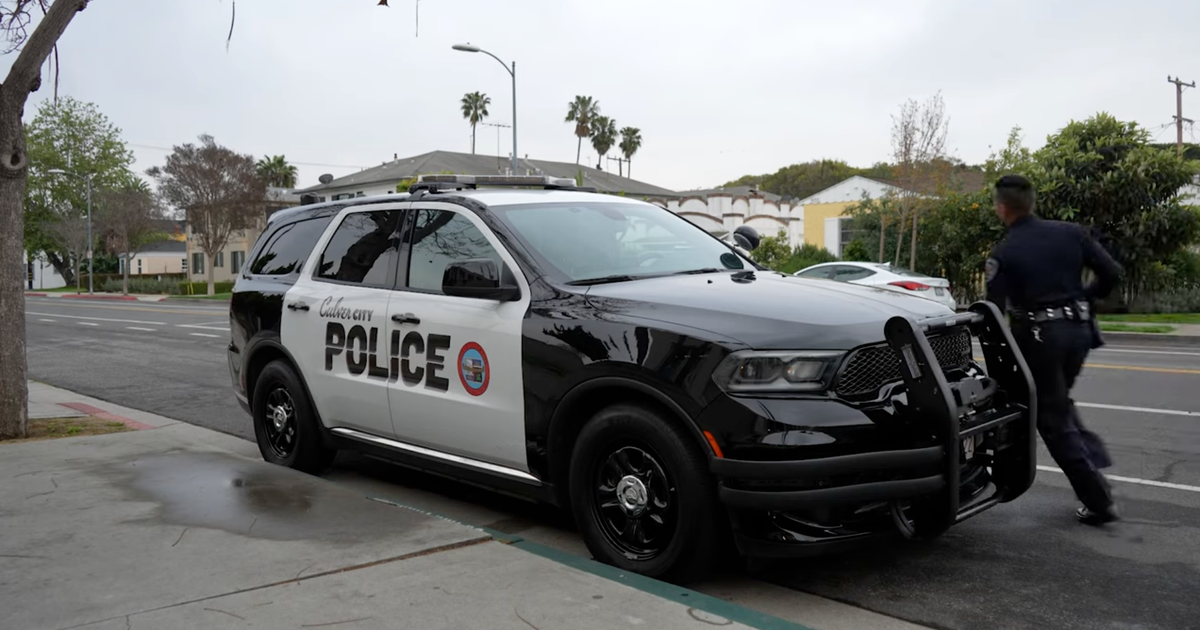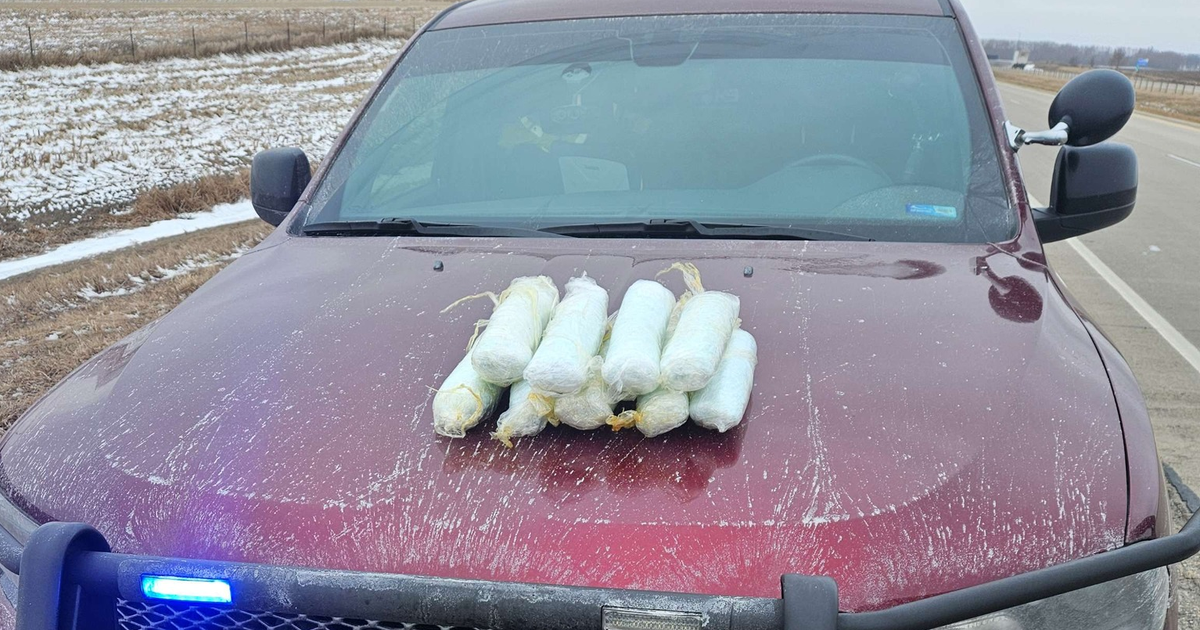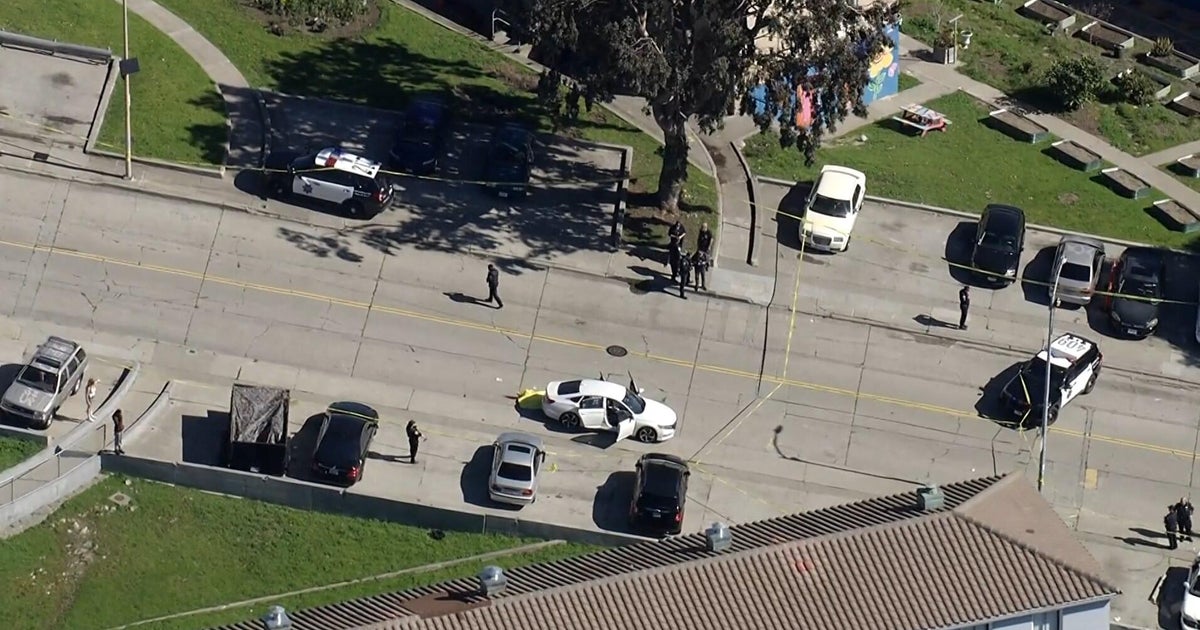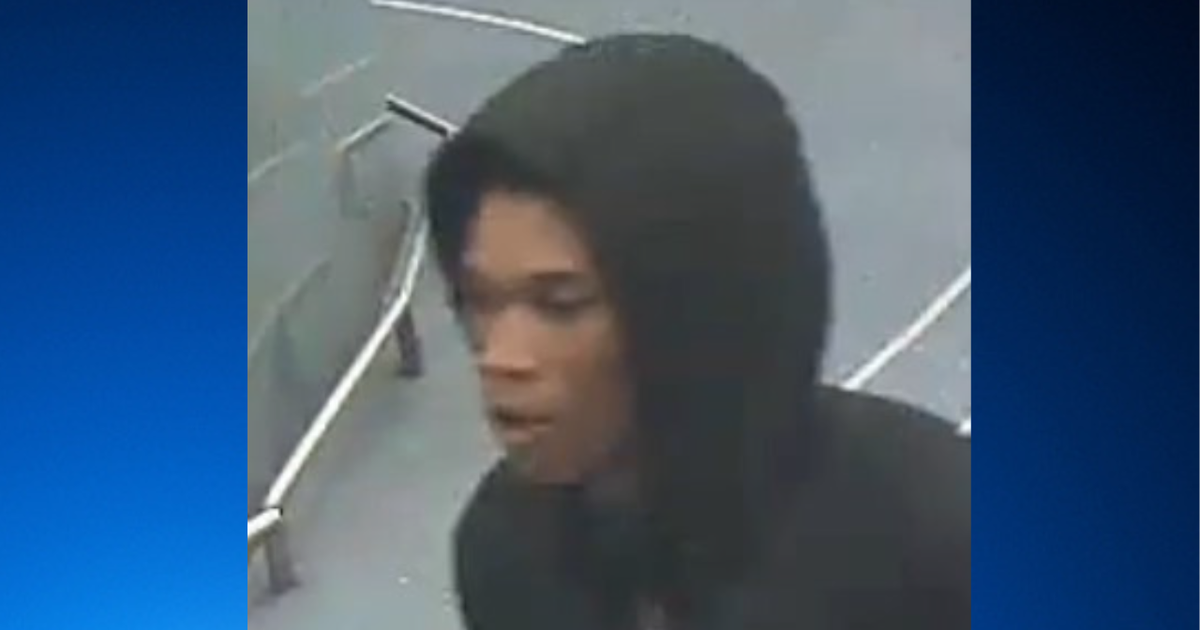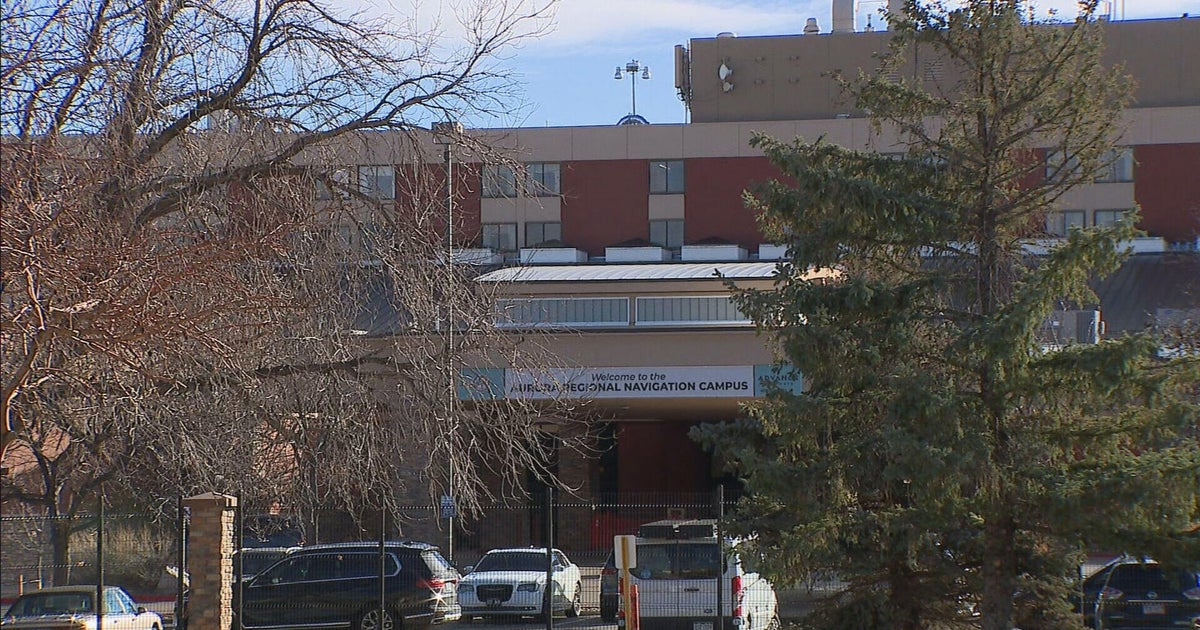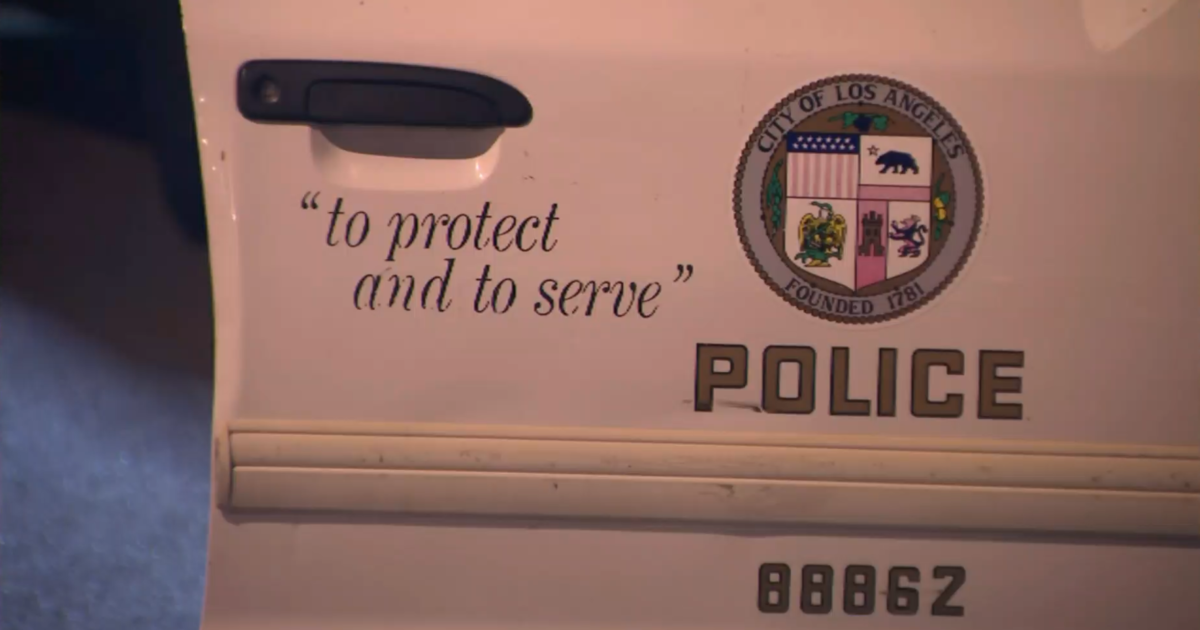Officials: Veterinary tranquilizer identified in San Francisco overdose victims
SAN FRANCISCO -- Public health officials revealed Thursday that xylazine, a non-opioid veterinary tranquilizer, has been discovered in the bloodstreams of four fatal fentanyl overdose victims.
While xylazine has been circulating in the illicit drug supply on the East Coast for several years, health officials said it was the first time its presence has been detected in San Francisco.
"Identifying xylazine in San Francisco is concerning," health officials said in a news release. "To date, SFDPH has not received any reports of skin wounds associated with xylazine, nor xylazine intoxication or withdrawal."
"These facts suggest that the drug may not yet be widespread but SFDPH and its city and community partners are working to learn more, share information and prepare street response teams to recognize the impacts of xylazine and respond appropriately."
The medical examiner's office has been retesting overdose victims who died between mid-December 2022 and mid-January 2023 for any evidence of xylazine use.
Xylazine, colloquially known as "Tranq," is a non-opioid veterinary tranquilizer that is not FDA-approved for human use. It is commonly mixed with fentanyl, heroin and other illicit drugs.
It can cause excessive sleepiness and respiratory depression symptoms that appear similar to those associated with opioid use, making it difficult distinguish opioid overdoses from xylazine exposure.
Xylazine can be smoked, snorted or injected. It causes severe skin ulcerations that spread and worsen quickly. Repeated xylazine injection has also been associated with severe, necrotic skin lesions often requiring advanced wound care. These wounds may occur in areas of the body away from the injection site.
Preliminary data from the medical examiner indicates that fentanyl, the primary driver of the overdose crisis in San Francisco, accounted for 72% of all overdose deaths last year.
Tom Wolf's addiction spiraled out of control after getting hooked on oxycodone after a foot surgery. It led to a heroin and fentanyl addiction and, within months, the husband and father ended up calling the streets of San Francisco his home.
"Basically (I was) offered an ultimatum by (my wife) to either go to rehab or leave the home and I chose to leave the home. Addiction won at that moment and I ended up homeless in the street," Wolf recalls.
Now he's trying to lift others out of addiction, knowing the next high could lead to death.
"I don't want to just say 'just say no' because that's from the 80s, right? But, right now, all I will say is the illicit drug supply -- what you buy on the street -- is not safe."
Andrea Nakano contributed to this report
